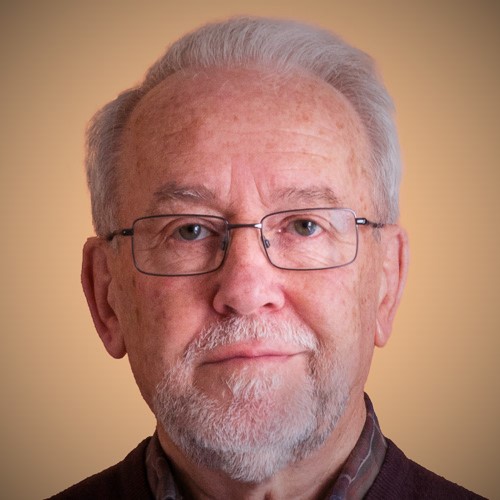Chinese Christian leader Watchman Nee (1903-1972) wisely observed: ‘The reason for much poverty of thought is thinking too much.’
For many of us, our biggest struggles are with the tyranny of the mind. There’s so much going on around us, so many demands on our attention, so many compex issues in the world, so many fascinating questions, it’s no wonder that our minds, as they struggle to  process everything, sometimes come close to bursting. The mental whirlwind threatens to suck us up, tear us to shreds and spit us out into madness.
process everything, sometimes come close to bursting. The mental whirlwind threatens to suck us up, tear us to shreds and spit us out into madness.
As a committed Jesus-follower, I’ve learnt a few mental disciplines over the years. I wrote about some of them in my book A Sound Mind.* Since that was published I’ve made further progress in dealing with mind-matters, and one aspect is a departure from something I said in the book.
In the section on meditation, I wrote that, for Christians, meditation means focusing the mind deliberately on good and godly subjects, rather than emptying the mind. The latter, I suggested, causes a vacuum that invites negative stuff to rush in to fill it. And negative stuff is the last thing we want.
While I remain a staunch promoter of choosing what to think about, and of limiting my choices to good and godly topics, I’ve come to see that, alongside this, there’s room for helpful moments of not thinking at all—of deliberately emptying my mind. These days, because I’m far more conscious of God than of the nasty stuff allegedly waiting in the wings to take over the stage of my mind with vile performances, I can retreat confidently from thinking…into the presence of God.
This practice is called centering prayer. While it shares elements with forms of spirituality outside of Christianity, centering prayer is distinctly Christian. It involves coming deliberately into God’s presence, not to ask for things, and not even to offer thanks and praise, but just to be there. To stop mentally hopping around and just relax in his presence, in the knowledge of his steadfast love.
I normally do this at times when I can be alone and undisturbed, and aim for about twenty minutes. I sit upright, with my eyes closed to avoid distractions. I briefly tell the Lord that I’m coming just to be with him. Then I relax and try not to think about anything. To help keep that focus, I have a personal ‘sacred word’ that I repeat to myself as required.
It’s a bit as if, on a warm summer’s day, I were sitting on a rock at the edge of a river, with my feet in the water. Bits and pieces float by on the current and I find myself automatically picking them up. These are the thoughts that appear, unbidden, in my mind: a phone call I need to make today, the conversation I had with a friend yesterday, the mark on the lounge carpet, the tickle in my left ear…
As soon as I become conscious of having picked something up, I gently put it back in the water and let the current carry it away, because I’m not here to think; I’m here just to be in the presence of God.
I’m getting better at this, but the thoughts still intrude every few seconds. It can be frustrating, and the temptation is for me to berate myself for my ineptitude. But that wouldn’t help. It would only unleash a host of jumpy thoughts, and that’s the opposite of what I’m aiming for. So I try to relax, let the river carry all that away, and remind myself briefly that God understands and is not displeased. And so I return, to think of nothing and relax in his presence. I’m ‘centered’ again.
Sometimes, what I find myself picking up from the water is a spiritual insight. I put that back in the water, too, because the aim of this exercise is not to collect anything, but just to be. I can trust God to bring back to me later that sermon idea, or that angle on a passage of Scripture I’ve been reading. For now, I’m just here, relaxing in God’s presence, soaking up the sunshine of his love.
Time passes fast this way. Twenty minutes are soon gone. I wind up with a brief spoken prayer, get up and go about my business.
The benefits of this practice are more in the long-term than the immediate, I’ve found. The scientists say that it leads to some gradual neural re-wiring that makes for a calmer disposition and the ability to be more in control of one’s reactions. And since it’s true that we inevitably become more like the god we worship, the Christian can see centering prayer as one means by which the Holy Spirit can further the process of transforming us gradually ‘into his image’ (2 Corinthians 3:18).
Watchman Nee would have approved, I’m sure. If ‘thinking too much’ leads to ‘poverty of thought’, here is one way, at least, of taming our wild thinking and thus becoming richer.
At the eye of the mental storm is a place of calm. I invite you to explore it.
* My book is available from Amazon, in Kindle format only now. For further information on centering prayer, download the guide from Contemplative Outreach here.

Thanks David. I’ve found that when I manage to leave the intrusions behind, I emerge into a better place.
LikeLike